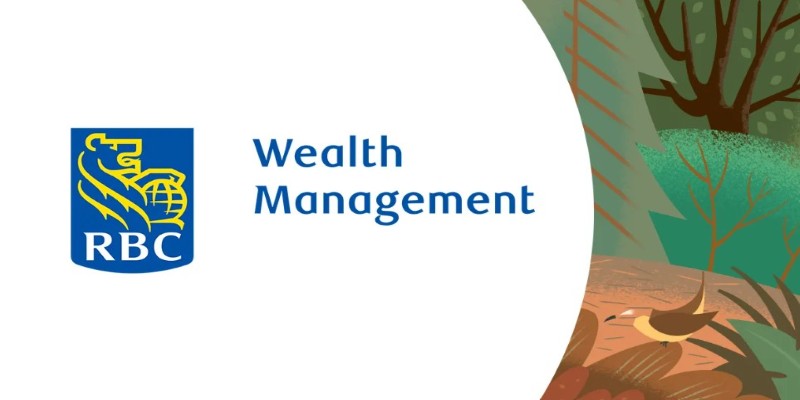It is thrilling to purchase a home, yet the financial obligations may seem confusing. FHA loans insist on mortgage insurance which is guaranteed to the lenders but adds to your monthly expenses. What is good news? It is possible to cancel FHA mortgage insurance and save on money in the long run. This is a guide on what FHA mortgage insurance is, why it is needed and how to get rid of it so that you can reduce the cost and make house ownership more affordable.
What Is FHA Mortgage Insurance

FHA mortgage insurance is a mandatory requirement for FHA loans. It helps protect lenders in case borrowers default on their loans, making FHA loans more accessible to individuals with lower credit scores or smaller down payments.
Types of FHA Mortgage Insurance
- Upfront Mortgage Insurance Premium (UFMIP): This is a one-time fee equal to 1.75% of your loan amount, paid when you close on your home.
- Annual Mortgage Insurance Premium (MIP): This is a recurring fee that you pay monthly. The amount depends on the size of your loan, your loan-to-value (LTV) ratio, and the loan's duration.
For many borrowers, annual MIP is the most noticeable cost, as it is part of their monthly mortgage payment.
Why Should You Remove FHA Mortgage Insurance
The mortgage insurance may become an essential extra expense to your monthly budget. MIP varies depending on your loan amount and can cost you a couple of hundreds and thousands of dollars annually. This will reduce your monthly payments and the money that was being used on it may be used on other financial needs.
Further, you can accelerate the payment of equity in your home by removing MIP. The smaller your monthly payment is to insurance, the greater part of your monthly payment can apply to your principal balance.
How to Remove FHA Mortgage Insurance
Not all FHA loans are eligible for MIP removal, but there are a few routes borrowers can explore. Here are the most common options:
1. Wait It Out (For Loans Originated Before June 3, 2013)
If your FHA loan was originated before June 3, 2013, you may be able to remove MIP after a prescribed period. Generally, borrowers must pay MIP for at least five years and ensure they have at least 22% equity in the home based on the original purchase price or appraised value (whichever is lower).
If your loan qualifies, you can contact your loan servicer to request removal of the MIP after meeting these conditions.
2. Reach 20% Equity and Refinance into a Conventional Loan
For loans originated after June 3, 2013, FHA borrowers usually cannot remove MIP without refinancing into a conventional loan.
Here's why refinancing may work for you:
- If you have at least 20% equity in your home (meaning the remaining loan balance is only 80% of the home’s current market value), conventional loans often allow you to bypass private mortgage insurance (PMI) altogether.
- With rates still competitive, refinancing can potentially lock in a lower interest rate, reducing monthly payments further.
Keep in mind that refinancing comes with costs like appraisal fees, closing costs, and possible rate differences, so weigh the pros and cons carefully.
3. Increase the Value of Your Home
If you don’t currently have 20% equity, increasing your home’s value is another way to reach the threshold for refinancing. Renovations, updates, and market appreciation can contribute to a higher appraised value when you refinance.
For example:
- Renovations like upgrading a kitchen or adding a bathroom can boost your home value significantly.
- Market Appreciation can naturally increase your home’s value over time. Keep an eye on comparable sales in your area to estimate when refinancing might make sense.
4. Pay Down Your Loan Faster
Another strategy to remove FHA mortgage insurance is to aggressively reduce your loan balance by paying extra toward your principal. Doing so will help you reach 20% equity more quickly, making you eligible to refinance into a conventional loan without PMI.
Ways to accelerate loan payoff:
- Make bi-weekly payments instead of monthly payments.
- Apply windfalls like bonuses or tax refunds to your principal balance.
- Round up your monthly payments to the nearest hundred dollars whenever possible.
5. Explore Streamline Refinancing for Certain Cases
If outright removing MIP isn’t an option, FHA Streamline Refinancing might still save you money. It allows you to refinance to a lower interest rate or better terms quickly and without requiring a home appraisal. While you’ll still pay MIP, a lower rate can significantly reduce your overall mortgage costs.
Review your current mortgage terms with your lender to see if an FHA Streamline Refinance might be an effective solution.
Factors to Keep in Mind
While removing FHA mortgage insurance can save you money, there are several factors to consider before moving forward.
- Refinancing Costs: Refinancing typically comes with upfront costs such as appraisal fees, closing costs, and possible rate lock fees. Work with your financial advisor to ensure the long-term savings outweigh the short-term expenses.
- Interest Rates: If current interest rates are higher than your FHA loan’s rate, refinancing may not be a cost-effective choice.
- Eligibility Requirements: Different lenders and programs may have varied requirements for removing MIP. Be prepared to meet the necessary criteria, such as credit score minimums and sufficient income.
Expert Tips for a Smooth Process

- Monitor Your Equity: Use tools like online home value estimators or consult a real estate professional to track the growth in your home equity.
- Boost Your Credit Score: A higher credit score can help you secure a lower interest rate when refinancing. Pay down debts, make timely payments, and avoid opening new credit accounts.
- Speak with Your Lender: Lenders can provide insight into your specific situation and recommend the most viable path for removing FHA mortgage insurance.
Conclusion
FHA mortgage insurance served its purpose by helping you secure a home loan, but it doesn't have to be a permanent expense. By understanding your options and taking proactive steps, you can eliminate this cost and free up funds for your future. If you're considering refinancing or want to explore your options for removing FHA mortgage insurance, consult a trusted mortgage advisor. A little effort today can lead to significant savings over the life of your loan.












